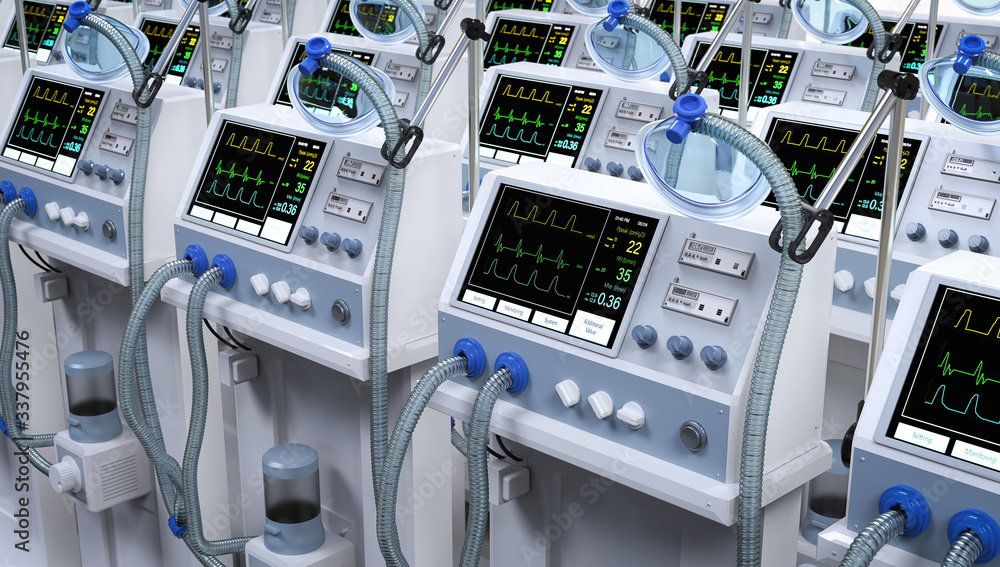
How Innovative Medical Devices Are Shaping the Future of Healthcare
In recent years, the healthcare industry has witnessed a dramatic transformation fueled by advancements in medical devices. From AI-powered diagnostics to portable monitoring tools, these innovations are not only improving patient outcomes but also making healthcare more accessible and efficient.
The Rise of Smart Diagnostics
Smart diagnostic tools are changing how doctors detect and manage diseases. Devices like handheld ultrasound scanners, AI-enabled ECG monitors, and digital stethoscopes are helping clinicians make faster, more accurate decisions—even in remote locations.
“We’re seeing a shift toward precision diagnostics that are compact, wireless, and intelligent,” says Dr. Kavita Sharma, a leading cardiologist.
Wearables for Chronic Care Management
Wearable devices have gone beyond fitness tracking. Today, patients with conditions like diabetes, hypertension, and COPD use wearables to continuously monitor vital signs and alert them to potential issues. These tools empower patients while reducing the burden on hospitals.
Some key benefits:
- Real-time data monitoring
- Improved medication adherence
- Early warning alerts for complications
Surgical Innovation and Robotics
Minimally invasive procedures powered by surgical robots are reducing recovery times and enhancing surgical precision. Innovations like 3D visualization, haptic feedback, and robotic-assisted navigation are becoming standard in orthopedic and neurosurgical procedures.
Regulatory and Global Expansion
As demand grows, so does the need for regulatory compliance. Medical device manufacturers are now focusing on meeting FDA, ISO 13485, and CE Mark standards to ensure safety and expand globally across the Middle East, Africa, and Southeast Asia.
Conclusion
The future of healthcare is being shaped by intelligent, connected, and user-friendly medical devices. At Vistara Medix, we’re proud to supply OEM-grade solutions that align with global healthcare goals—improving lives one innovation at a time.